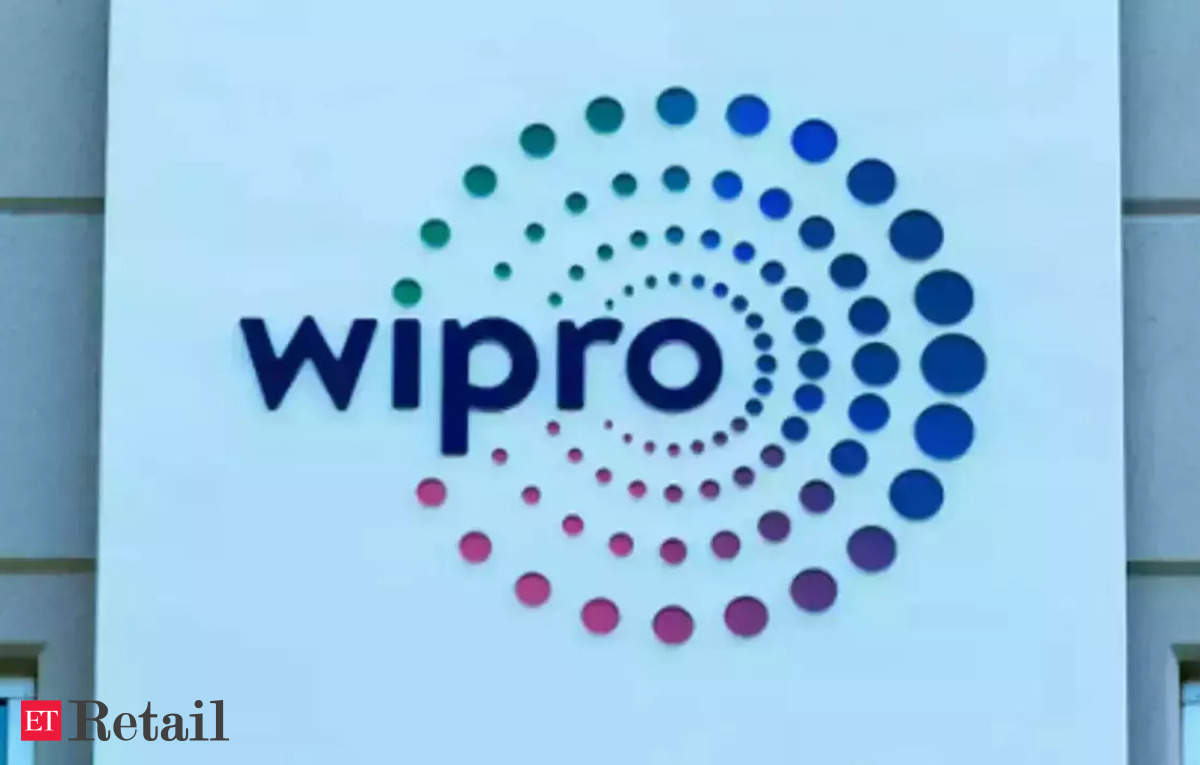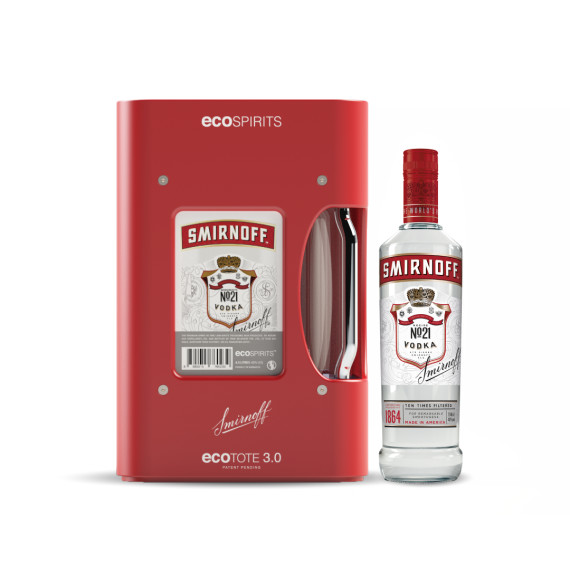- Musings From Deepak @ DSG Consumer Partners
- Posts
- Deepak's Musings #130: Why convertibles are the wrong instrument in most cases in today's market
Deepak's Musings #130: Why convertibles are the wrong instrument in most cases in today's market
Kicking the can down the road
All things consumer & insurgent brands. What I am currently reading, thinking about, and reflecting upon. You can follow me on Twitter at @dishahdadpuri or follow DSG Consumer Partners at @dsgcp.
p.s. You can click on any of the summary links to read the full article from its source.

🦵 Kicking the can down the road: why convertible notes are not the right instrument in most cases in today’s market
Tldr: Convertibles may offer an easier & quicker solution but most start-ups they are better off dealing with the difficult issues today than kicking them down the road.
History lesson: I did a course in corporate finance when I did my MBA in 1998 (yes in the nineties). I probably had one of the best professors in the field - Pierre Hellion. Convertibles have their roots in traditional corporate finance, where they have been used for decades. In this setting, they were typically a form of debt that could be converted into equity, often used by larger companies as a flexible financing tool. I first saw them being used in startups in 1999/2000 when I was working with RVC during the dotcom bubble and used when companies were growing so fast that no one wanted to price the round or when things were crashing, to kick the valuation and dilution discussion down the road. Convertibles became mainstream when in 2013, Y Combinator (“YC”) introduced SAFE (Simple Agreement for Future Equity) notes, a variation of the convertible note designed to be simpler and more founder-friendly. This innovation was designed for startups when YC argued it was very difficult to price a round at the start of a potential high-growth startup.
Today: Most convertibles in the startup world today are being used for later-stage companies, with revenue and traction, and where the startups have raised capital before, often a lot of capital, and in many cases at very high valuations. To make the case that we need a convertible today because we cannot price the round despite tons of data, years of traction and sophisticated models, does not in my opinion hold weight. Either the investors and/or companies are lazy or they do not want to deal with the pain of a down round, dilution and everything else associated with it.
At DSGCP we have had 4 down rounds in the last 12 months. I am sure we will have a few more in 2024. My advise to our founders is to, in most cases, do a clean round, take the pain and rebuild. The alternative is to build a business where you have lack of clarity and where incentives will be misaligned.
👄 Why we partnered with Rosé All Day
We are elated to announce our partnership with Rosé All Day (RAD), Indonesia’s trailblazing beauty sensation that empowers women to shine. Founded in 2017 by Cindy Gunawan and Tiffany Danielle, RAD is an omnichannel, back-to-basics colour cosmetics and skincare brand that caters to young, ambitious women who want to look and feel good by embracing their “real-est” selves.
🗜 Incumbents Feel The Pressure
Hindustan Unilever (HUL) is one of India’s largest CPG companies. On Friday it announced that it is splitting its beauty and personal care business into two, one dedicated to Beauty and Wellness (B&W) and the other to Personal Care (PC), as it looks to take on younger companies that are challenging the incumbents. HUL CEO Rohit Jawa noted that “the business model, innovation rhythm and competitive landscape for both, B&W and PC, are diverging”.
✨ More capital for consumer startups in India and Southeast Asia
Wipro Consumer Care Ventures is an LP in DSGCP IV and co-investors in a couple of deals we have done, one in India and one in Indonesia. Excited to see them continue helping build the ecosystem to help the next generation of CPG founders build insurgent brands. I look forward to doing more with Sumit, Deepak and the WCC team.
🚀 What to expect in 2024
Mondelēz has utilized its network of Brand Ambassadors, a group of notable and celebrity chefs, along with industry insights and data to identify key food service trends/takeaways for 2024. This is US-centric but many may play out in other markets including here in Asia.
💄 What can we learn from Glossier’s omnichannel journey
Kyle Leahy took over as CEO in May 2022. She views the brand as a beauty products-meets-experiences company. What does she mean?
🧉 Vita Coco took on Coca Cola and won
How did Verlinvest-backed Vita Coco become the market leader in the coconut water segment in the USA?
♻️ Ecospirits: The deal I missed and what I failed to see
I first met Paul Gabie in 2019 in the context of the other businesses he founded, alcobev distributor Proof & Company. What excited me in that meeting was his idea of circular sustainable packaging for high-end spirits. We all know how much waste there is in all the packaging. That company was Ecospirits and I just couldn’t get my head around how this would scale given the complexity.
I am so happy to see the company doing a great job and the latest announcement with Diageo is exciting. We need sustainable packaging solutions throughout the CPG ecosystem and need more founders to build businesses like Ecospirits.





.jpg)



Reply